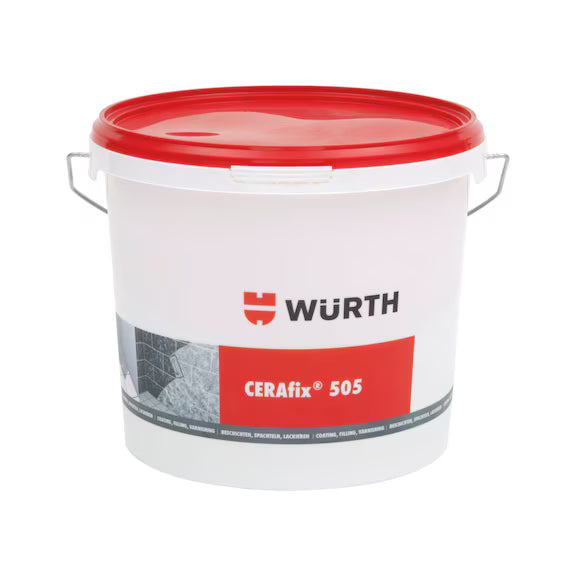What Are My Shipping Options?
In-Store Pickup
In-Store pickup is available on all purchase. Pickups are available Monday - Friday between the hours of 9:00–17:00.
An email confirmation will be sent when your order is ready for collection.
Free Shipping
We offer free Standard (2-3 Days) shipping on orders within the United Kingdom on orders over £100. Please note, some large items that require specialist courier companies, such as large mirrors and palleted items are excluded from this deal.
Shipping Fees
We also offer shipping at the following rates:
Standard-Size Parcel
Standard (UK Only) - 2-3 Days - £2.99
Express (UK Only) - 1-2 Days - £4.99
International (EU) - 3-7 Days - £14.99
International (ROW) - 5-10+ Days -£23.99
Large Parcel
Standard (UK Only) - 2-3 Days - £2.99
Express (UK Only) - 1-2 Days - £4.99
International (EU) - 3-7 Days - £14.99
International (ROW) - 5-10+ Days - £69.99
Most UK orders will be sent using Royal Mail, with larger items being sent with DPD.
International orders within the EU will normally be dispatched with Royal Mail, DPD, or UPS.
International orders to the rest of the world will normally be sent with DPD or UPS.
Please note, international delivery charges are very volatile and subject to change. We will do everything in our power to honour the delivery fee, however, in some cases, shipping may increase in price. In this event, you will be given the offer to pay the difference or cancel the order and receive a full refund.
Please note, we may be subject to various rules and restrictions in relation to some international deliveries, and you may be subject to additional taxes and duties over which we have no control. If such cases apply, you are responsible for complying with the laws applicable to the country where you live and will be responsible for any such additional costs or taxes.
Dispatch Times
Orders placed before 15:00 Monday - Friday will be shipped on the same day.
Orders placed after this time will be shipped on the following business day,
Please note, we are closed at weekends, as well as English Bank Holidays.
Returns Policy
Our refund policy can be found at the following address: https://esupplyline.com/policies/refund-policy.
Further Information
You can contact us for further information on our shipping policies using the following:
Phone: 01953 711 881
Email: sales@esupplyline.com
Live Chat: Available on our website, Monday - Friday, 8:30 - 17:00.
Contact Form: https://esupplyline.com/pages/contact


